Never Too Old for Medical School
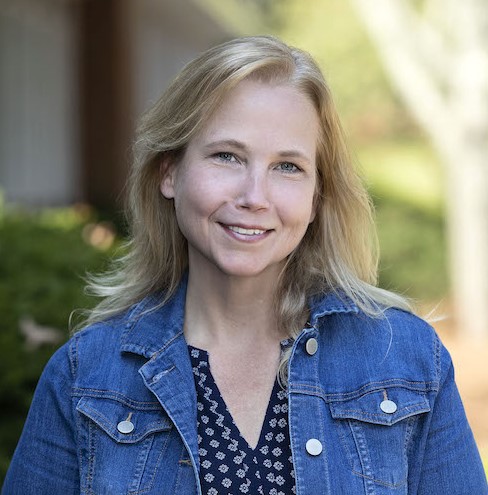
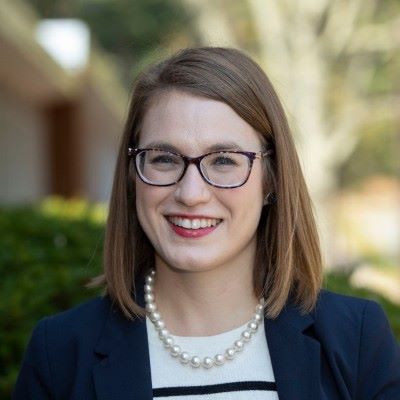
“We don’t care where you start. We care where you finish.” UVA’s Post Baccalaureate Pre-Medical Program’s motto welcomes students pursuing medical careers via non-traditional paths. Susan Salko is the director, Jillian Golaszewski is the assistant director, and Dr. Robert Powers is a lecturer and medical advisor of this one-year program in the School of Continuing & Professional Studies at the University of Virginia.
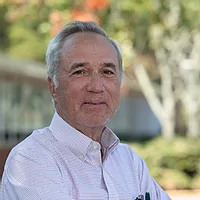
NEVER TOO OLD FOR MEDICAL SCHOOL
When most people think of the traditional pre-medical student, they likely think of a high-achieving undergraduate biology or chemistry major who spends much of their free time volunteering and shadowing in hospitals and/or conducting research in a lab. While the majority of applicants to medical school do have this background, there are other applicants with non-traditional paths and experiences who utilize post-baccalaureate career-changer programs like the one at UVA to help them get into medical school. What we see in our program are people with primarily social science or humanities degrees, who made the decision to enter medicine after a year or up to several decades after they finished college.
What industries or careers do they come from, and why do medical schools value them so much? The answers might surprise you:
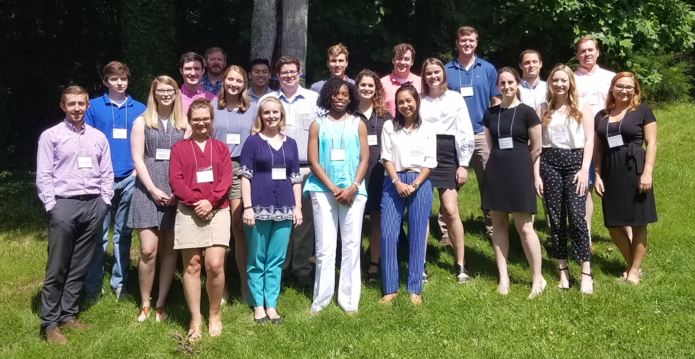
Business: Countless students in our post bac program have left high-paying jobs with big responsibilities and long workdays to pursue a career in medicine. Whether they were a consultant for a healthcare company or an investment banker in biotechnology or pharmaceuticals, their perspectives can be invaluable as doctors. They bring strong problem-solving skills, creative and analytical thinking, and experience working as part of an interdisciplinary team, along with the ability to communicate effectively with a variety of audiences, both in person and in writing. These professionals often become doctors who value the input and experiences of the patients and other members of the healthcare team as they work collaboratively to find solutions to clinical problems.
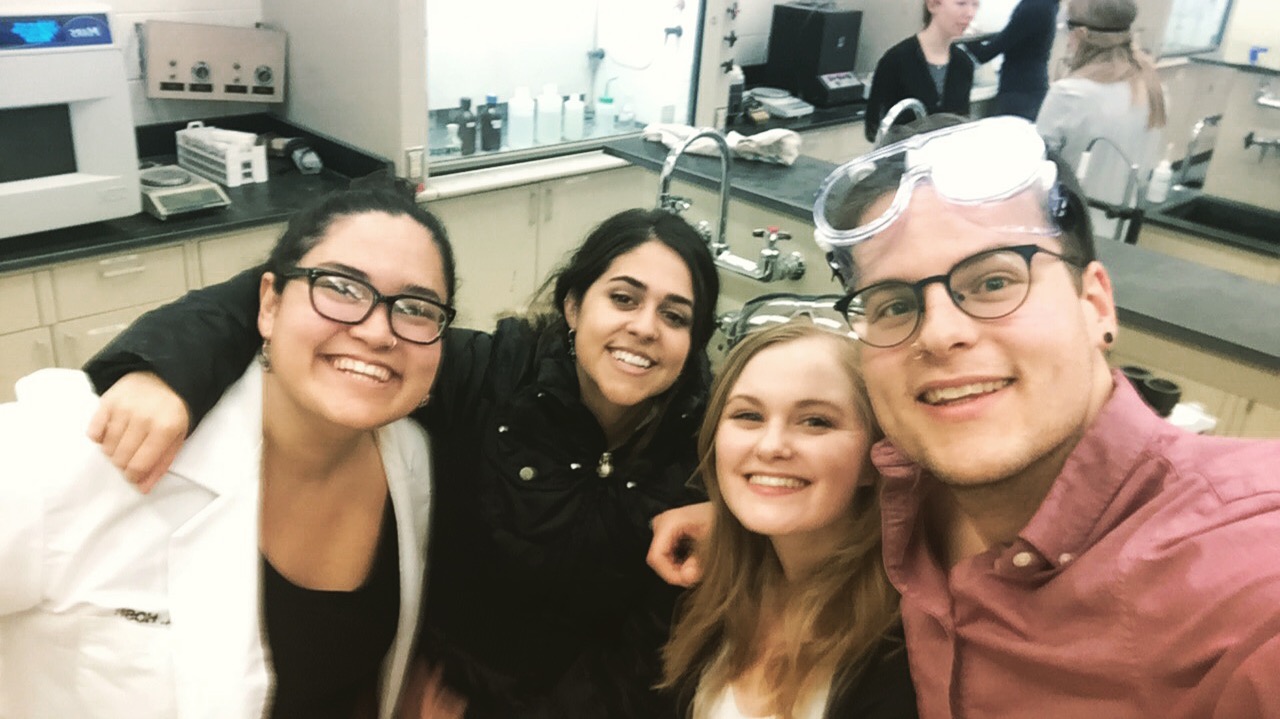
Policy/Public Health/Political Science: Many of our students entered these fields wanting to initiate large-scale changes that would affect large populations of people, but many have found that they are too far removed from the communities they want to help. They begin to yearn for more direct interactions with people and to see more tangible results for their efforts. Many of these applicants have a genuine desire to improve others’ lives, take into account the effects of social, economic, and cultural determinants on health, and understand the barriers that many people face to meet their basic needs. They come to medicine to have a direct effect on individual patients and the local community they serve.
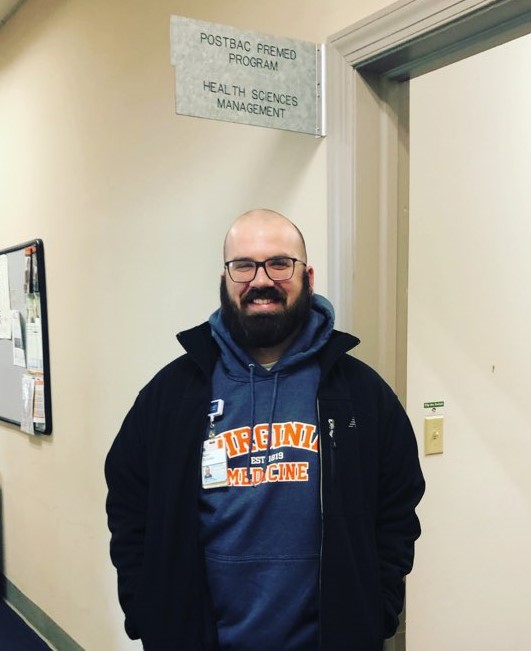
Humanities: Students with degrees in the humanities are typically passionate about the narratives and cultures of various civilizations. With the experiences and skills that result from studying character development in a novel or analyzing paintings in a museum, these students value a patient’s whole story. An understanding of creativity, expression, and traditions will help them put patients at ease and feel comfortable in finding practical and meaningful ways to improve their health.
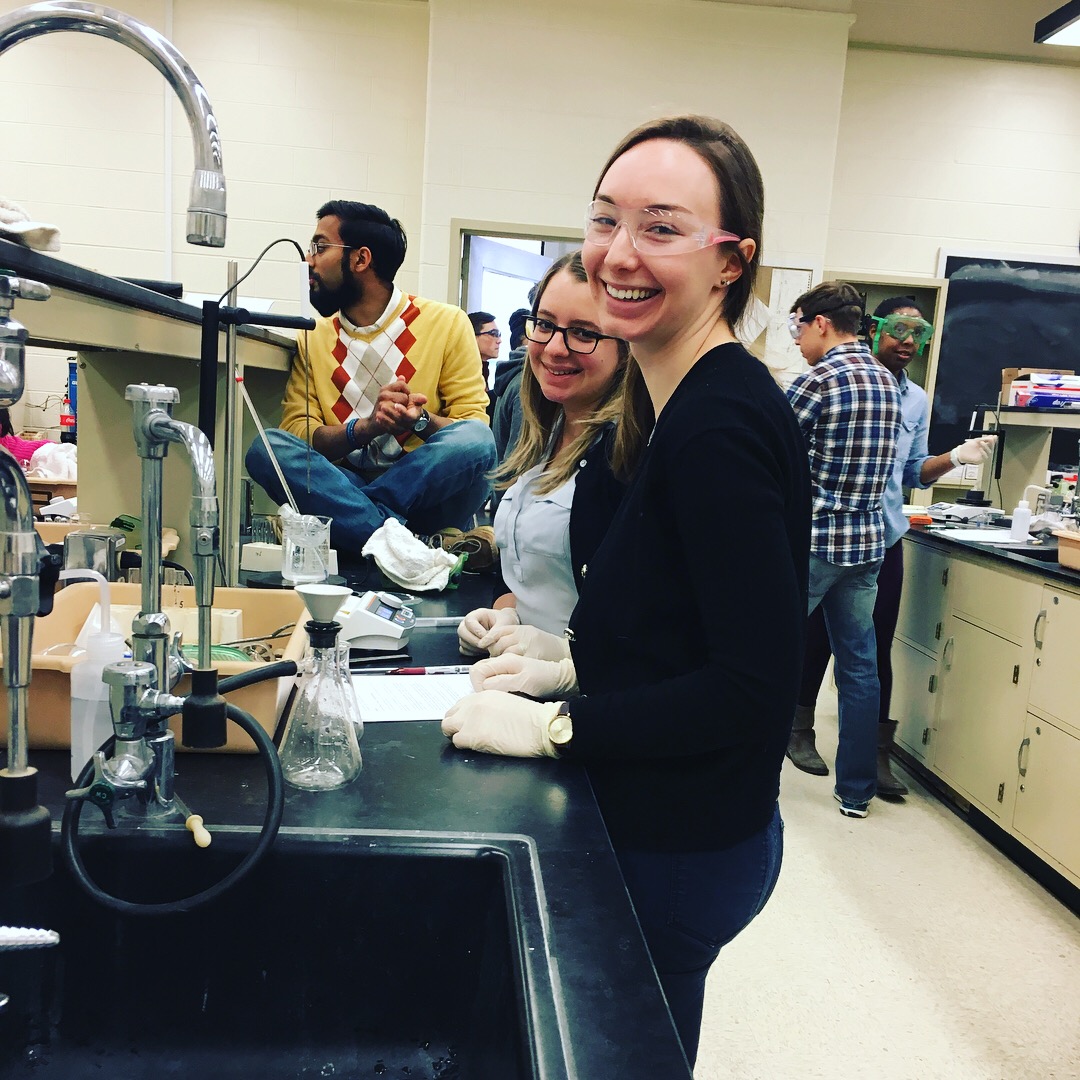
Psychology: College students enter the field of psychology in order to learn how the mind works, but some become captivated by the intersection of mental and physical health. Beyond their ability to “understand” their patients at a cognitive level, they also know how to make their diagnoses and recommendations understandable to anyone. They are organized, great communicators, and possess compassion and empathy because they have seen people struggle and now want to help them improve their health and mental well-being from the inside out.
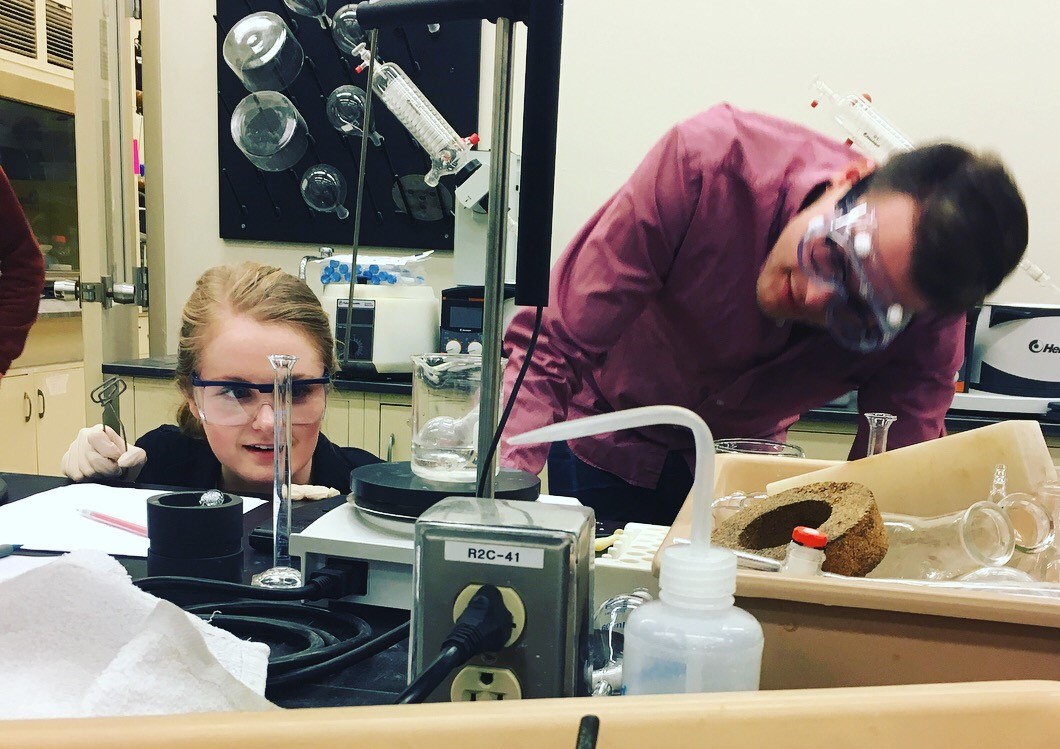
Education: Often, those who study education desire to accumulate knowledge in specific areas and help students master that material. However, we often hear that there’s a point when teachers realize that underlying social, financial, and environmental issues are interfering with their students’ ability to learn. Their desire to take on these larger societal challenges leads them toward medicine and public health. Educators use their organization and communication skills to ensure that patients fully understand their detailed treatment and care plans, ensuring positive results in the home, classroom, and workplace.
Our website reads, “We don’t care where you start. We care where you finish.” Since 2006, the UVA Post-Baccalaureate Pre-Medical Program in the School of Continuing Education and Professional Studies has welcomed students ranging in age from 20 to 50 and across many of the fields listed above. Our 95%+ acceptance rate to medical school, which is nearly double the national average, confirms that medical schools are interested in candidates who are different from the stereotypical “pre-med” and welcome them into the study and practice of medicine.
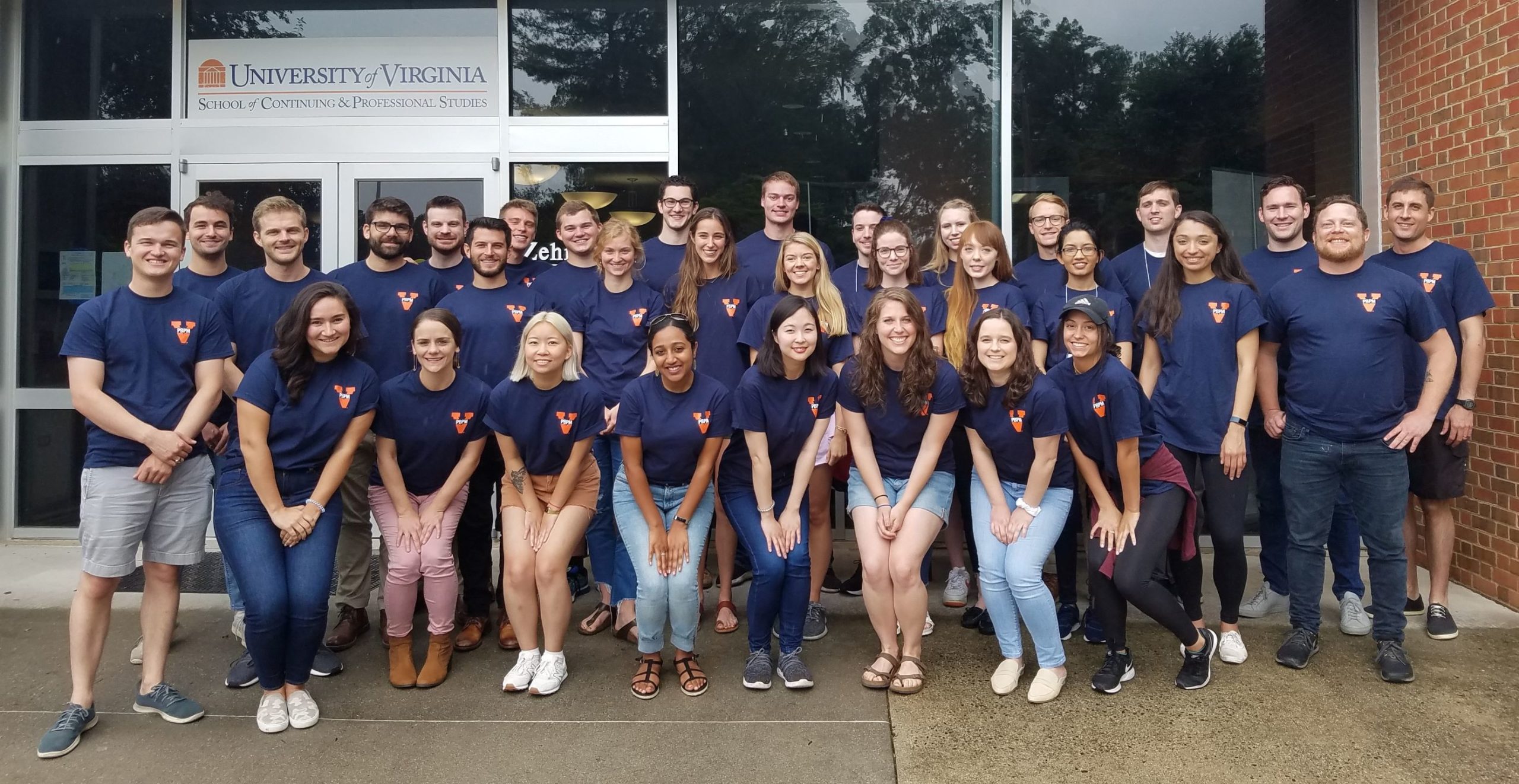
You can find information regarding UVA’s post bac pre-med program at: https://www.scps.virginia.edu/post-baccalaureate-pre-medical-program/
- Having a Drink With Your Donkey: The Absurd in Antiquity
- What Happens to UVA’s Recycling? A Behind the Scenes Look at Recycling, Composting, and Reuse on Grounds
- Finding Your Center: Using Values Clarification to Navigate Stress
- UVA Club of Atlanta: Virtual Pilates Class
- UVA Club of Fairfield/Westchester: Cavs Care - Food Pantry Donation Drive
- UVA Club of the Triangle: Hoo-liday Party